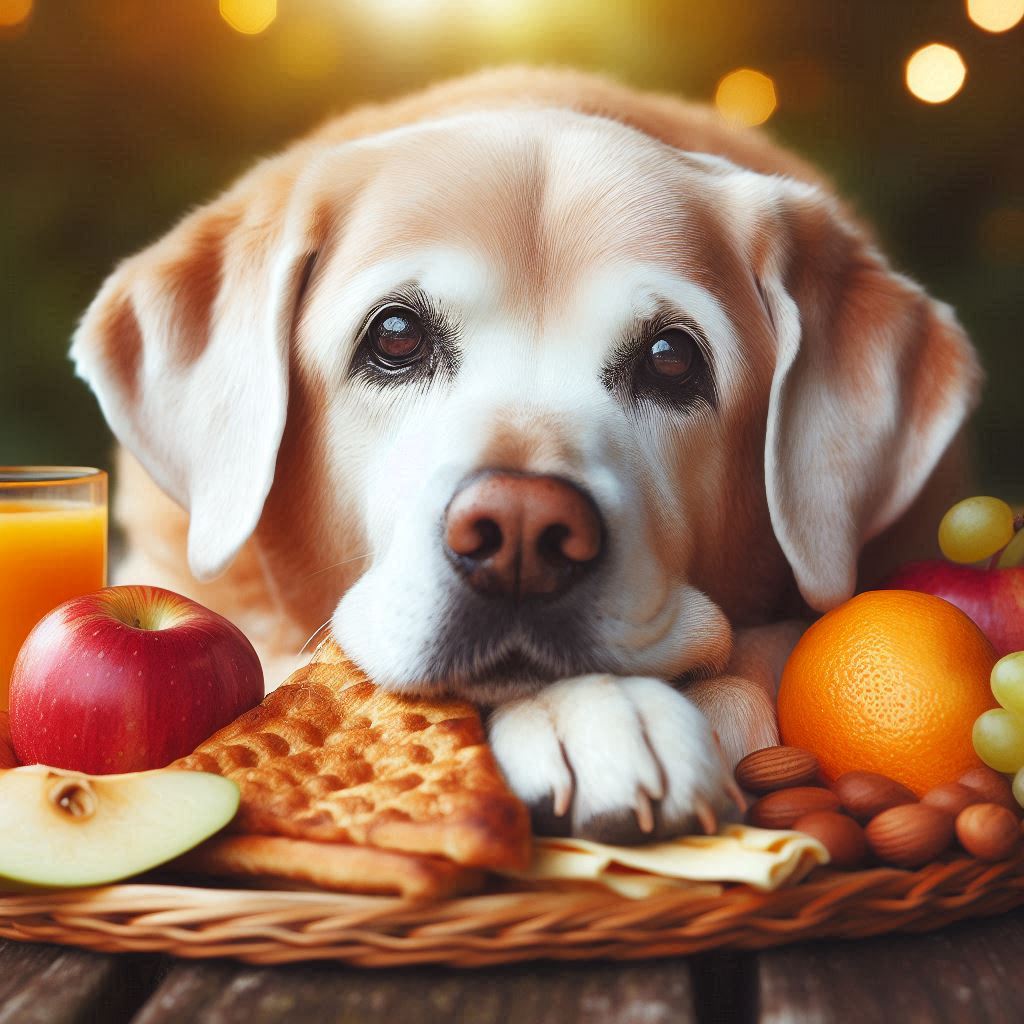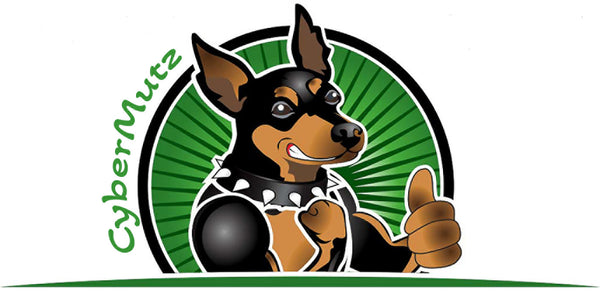
🐾 Senior Dog Care: Enhancing Quality of Life
Share
🐾 Senior Dog Care: Enhancing Quality of Life
As our loyal companions grow older, their needs change. Senior dogs deserve a special level of care and attention to maintain their quality of life and ensure they remain comfortable and happy. Whether you have a senior dog already or you’re anticipating the transition, here’s how you can adjust your home and routines to accommodate your aging pup.
🐕 Signs Your Dog Is Becoming a Senior
Before diving into care tips, it’s important to recognize when your dog enters their senior years. While the age at which a dog becomes a senior varies depending on their breed and size, most dogs are considered seniors around 7 years of age. Here are some signs of aging:
-
Reduced Activity: Slower movement, less enthusiasm for walks, or hesitation to jump or climb stairs.
-
Gray Fur: Especially around the muzzle and face.
-
Changes in Appetite or Weight: Either loss of appetite or weight gain due to slower metabolism.
-
Changes in Behavior: Increased irritability, difficulty focusing, or changes in bathroom habits.
-
Health Issues: Arthritis, dental disease, or incontinence are common in senior dogs.
Recognizing these signs will help you know when to make adjustments to their care routine.
🏠 Adapting Your Home for a Senior Dog
1.
Create Easy Access to Favorite Spots
Senior dogs may struggle with mobility due to arthritis or other health conditions.
-
Elevated Dog Beds: Consider getting a bed that’s easy for them to get in and out of. Beds with memory foam can help alleviate pressure on their joints and provide extra comfort.
-
Non-Slip Rugs and Mats: Older dogs often have difficulty maintaining balance, so adding non-slip rugs to high-traffic areas like the living room or hallway can help prevent falls.
-
Ramp for Furniture: If your dog loves to jump onto the couch or bed but struggles with the height, a pet ramp or stairs can help them continue to enjoy these activities without risking injury.
2.
Ensure Easy Access to Food and Water
-
Raised Bowls: Raised food and water bowls can reduce strain on your senior dog’s neck and back, especially if they have arthritis or other physical ailments.
-
Automatic Water Dispensers: If your dog has become less interested in drinking, an automatic water dispenser can encourage them to drink more water by keeping it fresh and easily accessible.
3.
Consider Adjusting the Environment’s Temperature
Senior dogs are more sensitive to extreme temperatures.
-
Provide Warmth in Cold Weather: Consider adding heated dog beds, blankets, or extra layers of bedding for senior dogs that are more sensitive to the cold.
-
Cooler Spaces in the Summer: Make sure your dog has access to cooler areas when the temperature rises. If possible, use air conditioning or fans to keep them comfortable during hot months.
🧑⚖️ Modifying Routines for Senior Dogs
1.
Adjust Exercise to Their Needs
Exercise is still crucial for senior dogs but should be adapted to their energy levels and physical limitations.
-
Shorter Walks: Instead of one long walk, break up exercise into shorter, more frequent walks. Pay attention to signs of fatigue, and give your dog breaks as needed.
-
Gentle Play: Play games that are gentle on their joints, such as fetch with a soft ball or short, low-impact tug-of-war sessions.
-
Water Therapy: Swimming or hydrotherapy can provide a great workout for senior dogs with arthritis without putting stress on their joints.
2.
Maintain a Consistent Routine
Dogs, especially senior ones, thrive on routine. Try to keep feeding times, walks, and bedtime consistent, as this helps them feel more secure and comfortable. If their routine is interrupted, it can lead to confusion and anxiety, which can further affect their health.
🐾 Health Care for Senior Dogs
1.
Regular Vet Check-ups
As your dog ages, regular veterinary visits become even more important.
-
Twice-Yearly Vet Visits: Senior dogs should see a vet at least every six months for check-ups, blood work, and dental exams. This ensures that potential health issues are detected early.
-
Arthritis and Joint Care: If your dog is showing signs of joint pain, talk to your vet about joint supplements like glucosamine and chondroitin, or medications that can help manage arthritis.
2.
Dental Care
Dental health is often overlooked but becomes more important as dogs age.
-
Regular Brushing: Brush your dog’s teeth at least a few times a week to prevent gum disease, which can lead to other health complications.
-
Dental Chews and Toys: Consider dental chews to help keep their teeth clean and reduce plaque buildup.
3.
Monitor Their Weight
Weight gain can be a significant problem for senior dogs, as their metabolism slows down.
-
Balanced Diet: Make sure your dog is on a high-quality senior dog food with appropriate nutrients for their age, size, and health needs.
-
Portion Control: Monitor portion sizes to avoid overfeeding, and consult with your vet about an ideal weight for your dog.
🐶 Mental Health for Senior Dogs
Just like physical health, mental stimulation is important. Senior dogs can suffer from Canine Cognitive Dysfunction (CCD), similar to dementia in humans.
-
Engage Their Mind: Use puzzle toys, interactive games, and scent games to keep your dog mentally active.
-
Training and Routine: While your dog may be slower, continuing to teach simple commands or routines can help keep their brain sharp.
🎯 Final Thoughts on Senior Dog Care
Caring for a senior dog can be incredibly rewarding, as they continue to show love and devotion despite their age. By making simple modifications to your home environment, adjusting your routine, and prioritizing their health, you can help your senior dog live a comfortable and fulfilling life.
📌 Related Posts:
🛒 Shop Senior Dog Care Products
Ensure your senior dog stays comfortable with our memory foam beds, orthopedic ramps, and dog-friendly supplements at CyberMutz.com!
